The Future Leaders Awards program is brought to you in partnership with PointClickCare. The program is designed to recognize up-and-coming industry members who are shaping the next decade of senior housing, skilled nursing, home health and hospice care. To see this year’s future leaders, visit https://futureleaders.agingmedia.com/.
Nick Muscato, senior vice president of finance at Baton Rouge, Louisiana-based Amedisys Inc. (Nasdaq: AMED), has been named a 2021 Future Leader by Home Health Care News.
To become a Future Leader, an individual is nominated by their peers. The candidate must be a high-performing employee who is 40-years-old or younger, a passionate worker who knows how to put vision into action, and an advocate for seniors, and the committed professionals who ensure their well-being.
Muscato sat down with HHCN to talk about his introduction into home health, why leaders need to embrace thinking “outside of the box” and forthcoming industry trends.
HHCN: What drew you to this industry?
Muscato: I got my first experience with home health when my previous employer, Humana Inc. (NYSE: HUM), acquired a home health asset. I saw the profound impact that in-home caregiving could have on outcomes for the senior population. Through that experience, I got very familiar with home health. When I had the chance to join Amedisys, I jumped at the opportunity.
What’s your biggest lesson learned since starting to work in this industry?
One, this is an industry that is ripe for differentiated thinking. The industry has been around for a number of years, but it wasn’t until the last five or six years that it has gotten into the limelight. I think being able to think outside the box, as far as how care is delivered in the home and helping to change the operating model, is important.
Given the heavy Medicare fee-for-service reimbursement within the space, the business model has been viewed as, “This is what we’ve always done, so this is what we’ll always do.” I think that there’s a big opportunity to do things differently.
If you could change one thing with an eye toward the future of home-based care, what would it be?
I would remove the notion that home health is a post-acute service. Changing the thinking and changing the nomenclature around care in the home would be pretty interesting to see.
Obviously, there is reimbursement and payer thinking that has to change along with that. I think just viewing home health as solely a post-acute modality of care is too narrow-minded. I would love to see the industry move toward more thinking around holistic care, from pre-acute, hopefully avoiding an acute event, through end-of-life, if you think about including hospice.
Moving from simply a post-acute service into just a home-based chronic care service, utilizing all of our clinical assets to care for a chronically ill population over a longer period of time, is what I would like to see happen.
What do you foresee as being different about the home-based care industry looking ahead to 2022?
From a competitive landscape perspective, there’s been a ton of interest in the space. I think about just the number of public companies that are doing some sort of home-based service.
I also think that you will continue to see Medicare Advantage plans utilizing and viewing home health players differently. I think the pandemic has really proven the impact of caring for patients in the home from both a quality and safety perspective. As you continue to see increasing Medicare Advantage penetration rates, I definitely foresee 2022 continuing trends that we saw in 2021 and 2020.
In a word, how would you describe the future of home-based care?
Bright. I think the desires of seniors to be cared for in their home, the safety and quality that comes with being cared for in their home, has been accelerated by the pandemic. The way in which large payers are viewing care in the home, then the overall trends of providers taking on more and more risk, all greatly benefit home health.
I really do see home health providers coming to the forefront of delivering care. I think you’re going to see a lot of new thinking around how you reimburse for care in the home. I foresee innovative payment models coming and home health players moving toward more risk-taking-type of entities.
What quality must all future leaders possess?
Going back to my first point, being open to viewing the industry differently. I think leaders need to have views and thoughts around what the future of the industry could look like. We’ve done things the same way for 25 or 30 years. There’s a need to do things differently. There’s a desire to do things differently. I think it’s important for leaders to be open to change.
If you could give advice to yourself looking back to your first day in the industry, what would it be and why?
I would say find the glossary as quickly as you can because there are so many acronyms it gets awfully confusing — I’m being a bit tongue in cheek.
I would say, just be prepared to operate in an environment that is constantly changing. This industry is unlike a lot of industries; we don’t control the top line. Both in home health and hospice, you go through your annual pricing update, so being able to operate in an environment of change and uncertainty will set you up for success.




